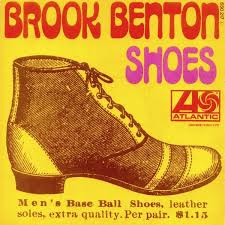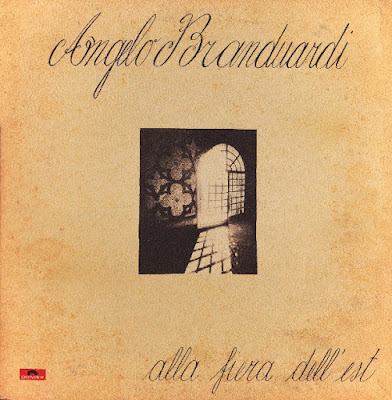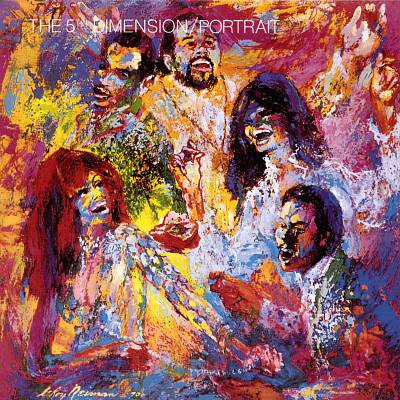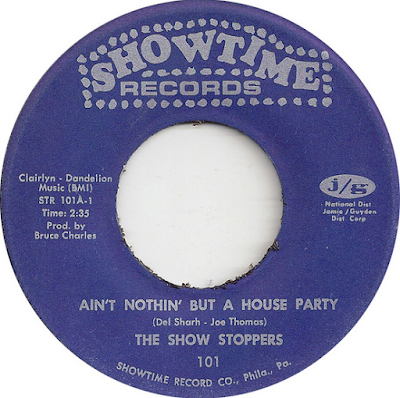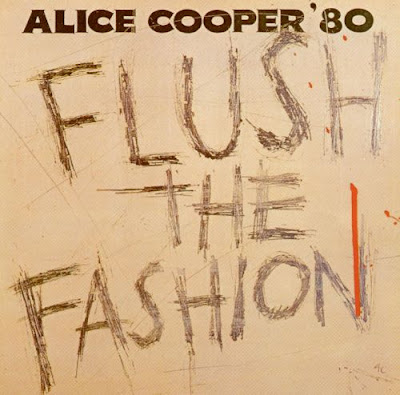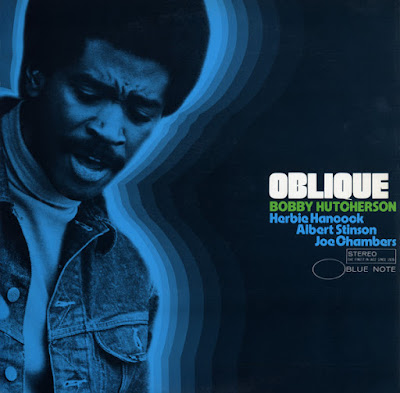“Shoes” (1970) – Brook Benton * Written by Don Covay and George Soule * Produced by Arif Mardin * 45: “Shoes” / “Let Me Fix It” * LP: Story Teller * Produced by Arif Mardin * Label: Cotillion
Slinky, forgotten single recorded with Memphis studio aces the Dixie Flyers in which the singer has a hard time saying goodbye with his “shoes” that “keep walking back.” In retrospect, with the knowledge that it would be Benton’s second to last charting hit, it seems to function as a post-“Rainy Night in Georgia” encore. Listen to “Shoes” all the way to the fadeout so you can hear the harps sprinkle haunted, lovesick stardust. The flipside is a steamy give-and-take with the Sweet Inspirations called “Let Me Fix It,” for which Benton got full writing credit.
“Alla fiera dell’est” (1976) – Angelo Branduardi
“Alla fiera dell’est” (1976) – Angelo Branduardi * Written by Angelo Branduardi * LP: Alla fiera dell’est * Arrangements and direction by Maurizio Fabrizio * Label: Polydor
Song created by the Italian troubadour Branduardi with circular, repetitive lyrics reminiscent of “There Was an Old Lady Who Swallowed a Fly” or “This Is the House that Jack Built.” With images, musical motifs, and instrumentation that tapped in to historical traditions from Israel to the UK, the song became a familiar nursery rhyme in short order, and Branduardi would perform it as a leaping pied piper. It tells the tale of a fairground purchase of a mouse, which sets off a chain events that ultimately requires intervention from the Almighty. An English version of the song, with lyrics translated by Pete Sinfield as “Highdown Fair,” came out in 1978.
“One Less Bell to Answer” (1970) – The 5th Dimension
“One Less Bell to Answer” (1970) – The 5th Dimension * Written by Burt Bacharach and Hal David * 45: “One Less Bell to Answer” / “Feelin’ Alright” * LP: Portrait * Produced by Bones Howe * Label: Bell
The plush “One Less Bell to Answer” is the sound of an abandoned housewife reclining on her personal crushed velvet chaise lounge; she’ll miss her man and his company but she won’t be going anywhere and won’t be losing anything other than him. It’s definitely a more complicated economic iteration of the breakup songs that populated the soul and country charts in its day. The other four members of the 5th Dimension are virtually absent on “One Less Bell to Answer,” which was the group’s first hit (Billboard #2) on the Bell label after switching over from Soul City. Marilyn McCoo contributed the lead vocal as she would do on all of their biggest subsequent hits. A classic entry in the Burt Bacharach-Hal David catalog, the song originally appeared as a 1967 Keely Smith vehicle, which employed an opening doorbell gimmick and projected an aura of despair. McCoo’s version, in contrast, featured her cool composure and an elegant arrangement that gave the song a more sophisticated range of emotional responses.
“Ain’t Nothin’ But a House Party” (1968) – The Showstoppers
“Ain’t Nothin’ But a House Party” (1967) – The Showstoppers * Written by Del Sharah and Joseph Thomas * 45: “Ain’t Nothin’ But a House Party” / “What Can a Man Do” * Produced by Bruce Charles * Label: Showtime
Soul single from Philadelphia featuring “what’s happenin’ Brother?” party patter in the intro. Became a #11 hit in Britain in 1968 and a “Northern soul” classic, but only made it to #118 in the US. As a rule, cover versions of the song (such as one by the J. Geils Band) treat the chord progression strictly as I – VIIb – IV – I all the way through, leaving out the more emotionally nuanced I – III/I – IV – I sequences one hears in the original. Although it first appeared on the Showtime label with production credited to Bruce Charles, a 1968 reissue on Jerry Ross’s Heritage label lists it as “D. Sharah in assoc. with Jerry Ross Prod.”
“Clones (We’re All)” (1980) – Alice Cooper
“Clones (We’re All)” (1980) – Alice Cooper * Written by David Carron * 45: “Clones (We’re All)” / “Model Citizen” * LP: Flush the Fashion * Produced by Roy Thomas Baker * Label: Warner Bros.
Alice Cooper’s Flush the Fashion LP revealed the seventies shock rocker losing his balance in a disorienting new decade. The single “Clones (We’re All),” though, which reminded no one of vintage Alice, sounded terrific at roller rinks alongside the likes of M’s “Pop Muzik,” Gary Numan’s “Cars,” and Blondie’s “Rapture,” and likely holds a place in the hearts of all preteens who experienced it that way. Although the song’s repeating space age synth riff and evil automaton lyrics pushed it up to number 40 on Billboard, Cooper wouldn’t make the US charts again until a 1989 career revival. The writer of “Clones (We’re All)” was a Massachusetts songwriter named David Carron, who was living in Los Angeles and was friends with Alice Cooper guitarist Davey Johnstone.
“Celebrate the News” (1969) – The Beach Boys
“Celebrate the News” (1969) – The Beach Boys * Written by Dennis Wilson and Gregg Jakobsen * 45: “Break Away” / “Celebrate the News” * Produced by Dennis Wilson * Label: Capitol
The Beach Boys’ “Break Away” 45 might have been subtitled “the uneasy relationships single.” Side A features a track written by Brian Wilson and abusive father Murry Wilson, while side B contains a co-write between Dennis Wilson and Gregg Jakobsen, who had earlier funded Charles Manson’s recording sessions and later testified at the Manson murder trial. So both sides get knowledgable Beach Boy listeners thinking about darker aspects of the band’s history. Jakobsen, though, would be a frequent co-writer with Dennis Wilson on most of his best work. With its moody veneer and odd flutes, “Celebrate the News” counters the peppier sound of the flipside, giving the 45 the ying-yang tension Beach Boys observers have grown accustomed to.
“Open Up Your Heart (And Let the Sunshine In)” (1954) – The Cowboy Church Sunday School
“Theme from Blow Up” (1967) – Bobby Hutcherson
“Theme from Blow Up” (1969) – Bobby Hutcherson * Written by Herbie Hancock * Japan LP: Oblique (1979) * Produced by Alfred Lion (session) and Michael Cuscuna (release) * Label: Blue Note
The 1966 film soundtrack version of Herbie Hancock’s theme for Blow Up runs to 1:35. Jazz vibraphonist Bobby Hutcherson, though, recorded a sublime version in 1967 that ought to be considered the definitive one. Featuring Hancock on piano, Albert Stinson on bass, and Joe Chambers on drums, it runs to 8:15 but doesn’t feel like it. Strangely enough, it never appeared on record until 1979—and only in Japan.
“My Sad Heart” (1962) – Willie Mays
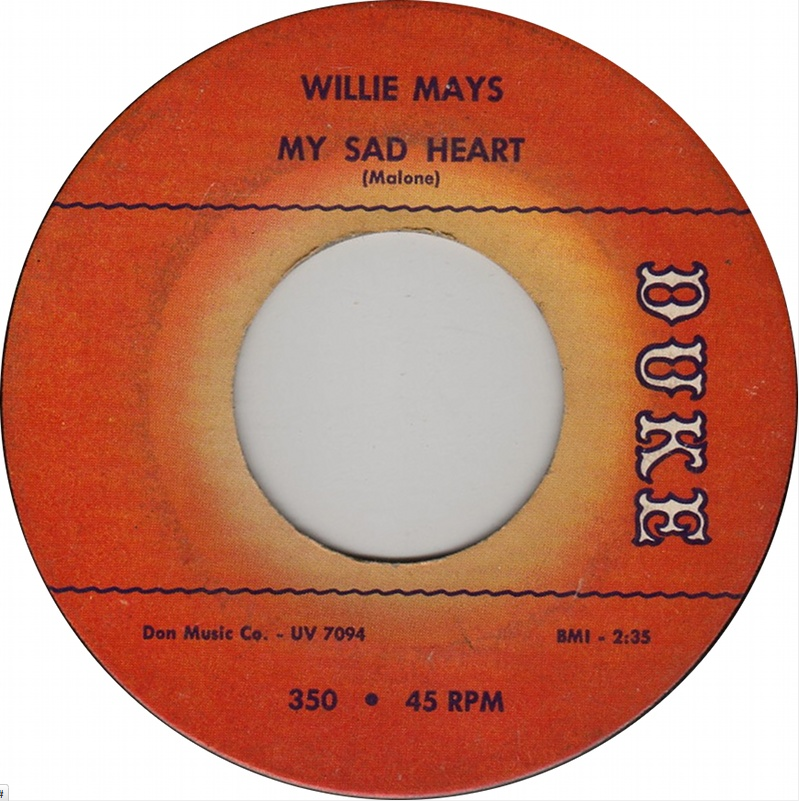
“My Sad Heart” (1962) – Willie Mays * Written by Deadric Malone * 45: “My Sad Heart” / “If You Love Me” * Label: Duke
Released the same year Willie Mays’s San Francisco Giants lost a hard-fought seven-game World Series to the New York Yankees, this 45 is almost certainly by a different Willie Mays. The actual singer, though, is difficult to trace. Did he really share the name of the Say Hey Kid or did he use a pseudonym as some sort of sales ruse? In spite of its lack of a strong title hook, the record sounds like something Sonny Til and the Orioles could have done. Writer credits went to Deadric Malone, an acknowledged pseudonym for Houstonian Don Robey, who owned the Duke-Peacock label empire. Eight years before this, the actual baseball Mays really did lend his voice to a 1954 single with the Treniers (“Say Hey (The Willie Mays Song)”).
“The River’s Edge” (1957) – Bob Winn

